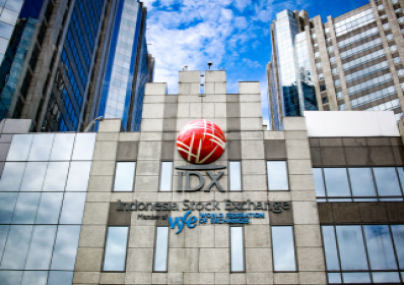Singapore's central bank announced new proposals on Tuesday to regulate financial benchmarks in the wake of a series of scandals around the world involving traders manipulating Libor and other key rates.
The Monetary Authority of Singapore (MAS) said it proposes to make the manipulation of financial benchmarks a civil and criminal offence. It will also force the administrators and submitters of systemically important benchmark rates to become licenced.
"The proposed regulatory framework will deter manipulation of financial benchmarks and enhance the integrity of benchmarks set in Singapore," said Lee Boon Ngiap, an assistant managing director at MAS.
Last year, MAS censured a record 20 banks after it found more than 100 traders in the city-state tried to rig key borrowing and currency rates.
It said at the time that it planned to bring in a new regulatory framework for benchmark rates in line with moves taken by regulators in Europe and the United States.
MAS is proposing that for now, administrators and submitters for the Singapore Interbank Offered Rate (Sibor) and the Swap Offered Rate should be subject to a licensing regime.
However it is not proposing that regime yet for foreign exchange benchmarks used in the city-state to price derivatives known as non-deliverable forwards.
The MAS consultation on the new rules will run until Aug. 29.


